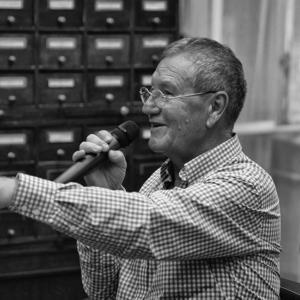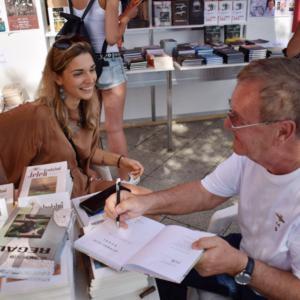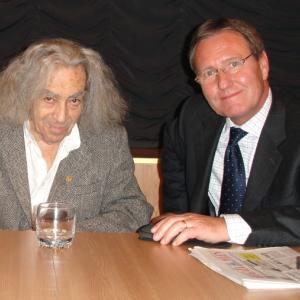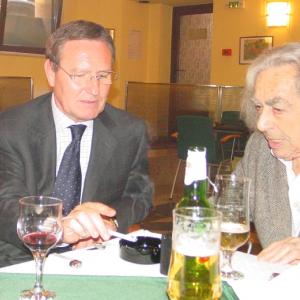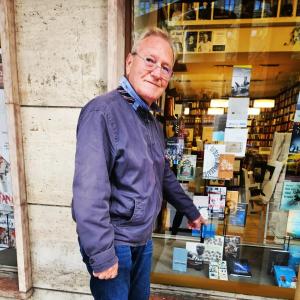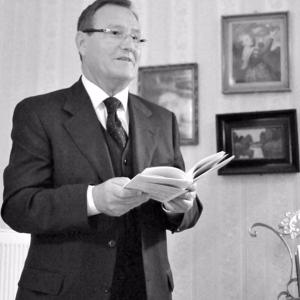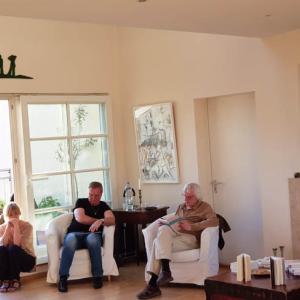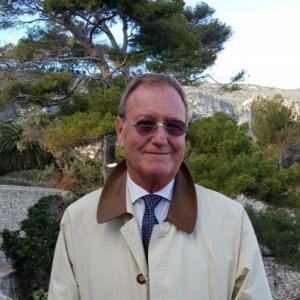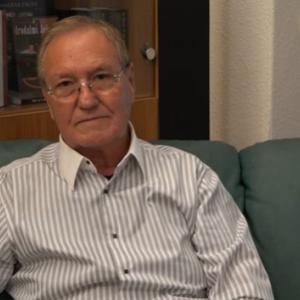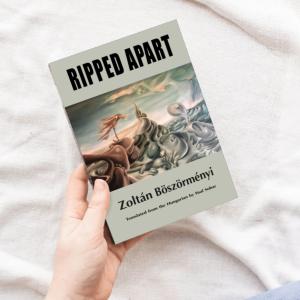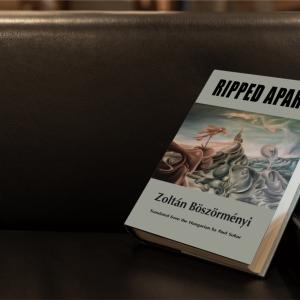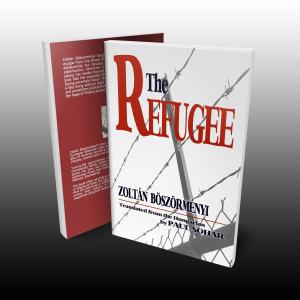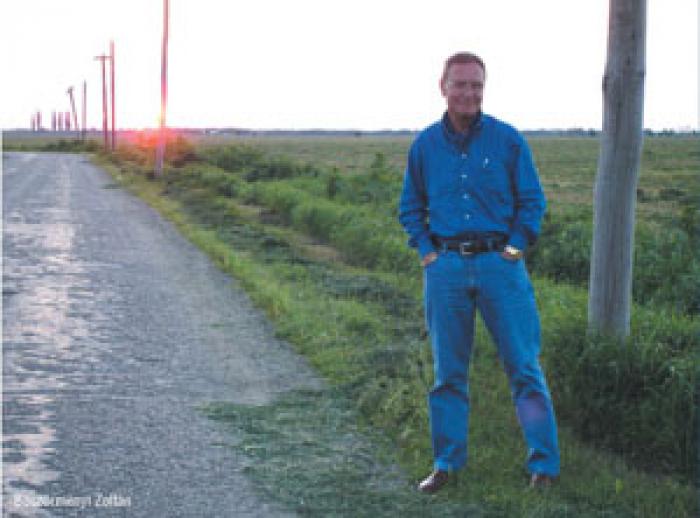
“I’ve Gone a Full Circle!”
What prompts a poet to turn to prose, namely a novel?
I did not start out a poet. At the age of seventeen I contributed short stories to a children’s magazine, “Napsugár”, in Kolozsvár. Tibor Bálint and Sándor Fodor, two noted writers and editors of the time encouraged me and helped me get into print. And yet poetry became my favorite form of expression. Thus I switched my allegiance to Aladár Lászloffy who said, pointing at Tibor Bálint bent over his typewriter: you see, writing prose involves a lot more work than poetry. And he approved of my choice.
Seriously though, writing novels was never too far from my mind. I was twenty-two when I wrote my first novel, but then spent quite few more years tinkering with it. Finally, one day I got sick of my own text, and I tossed it in the stove with some smoldering embers in it. It got singed first, page by page, and then the whole manuscript caught on fire. Now I regret that hasty decision.
Why? What was the novel about?
I am a Szekeler on my mother’s side. That branch of the family still resides in Zetelak, in the heart of Szekeler country. The novel was about them, especially about my great-grandfather who used to own a whole forest and lost it. Later he lost his life, too, due to an accident, my great-grandmother was loft alone with seven children. Their tragedy had a great affect on me, and I felt I had to tell their story.
How come it had taken your next novel thirty-one years to come to life?
I think that was al for the best. That’s how long it had taken me to prepare for the job of writing it. A novelist must have a wide knowledge of life, otherwise he immediately betrays himself if he tries to write about things beyond his personal experience. There’s nothing like the school of hard knocks to prepare you for tackling a novel.
The novel reeks of fiction. It is afunction of cause and effect, layered with paradigms and real life situations. The manifestation of a world reaching for equilibrium. How does this apply in your case?
I tried to picture the storyline in a mathematical equation. This should allow everything to fall right in place. The action is arranged in symmetrical layers, events follow one another in space and time in an expectable manner. The reader can easily guess what’s going to happen. And then comes the surprise.
Why?
Events take a different course in my world. Not according to expectations, but in a dues ex machina manner. Aristotle in his Poetica gives the perfect recipe for writing an epos or a tragedy. The gods ordain man’s destiny, throw them into danger, and then in the last moment they rescue him. This is not what happens in my world. The characters are made tragic figures by their own acts.
“Far from Nothing” starts out as an “I” novel…
I wrote it in the first person singular so that the reader could feel closer to Rudolph, the protagonist. But I don’t identify with him.
by Ildiko Nagyalmos Uj Könyvpiac



